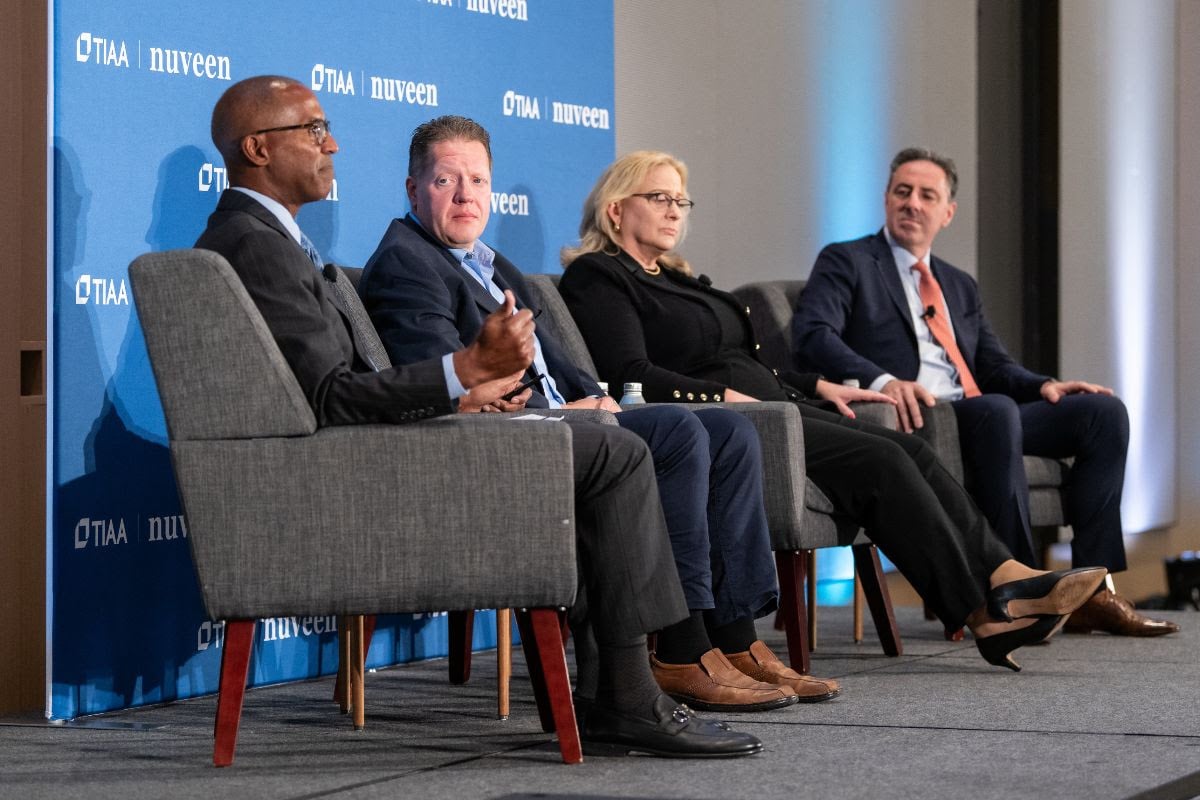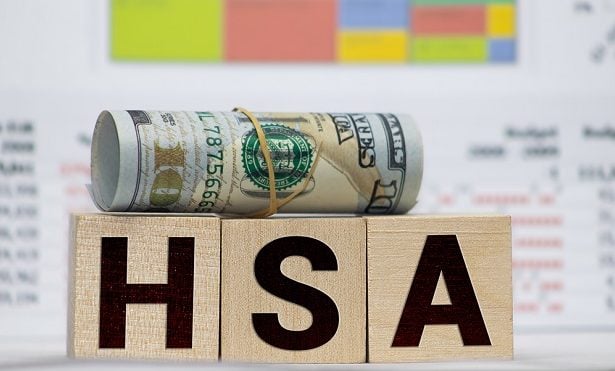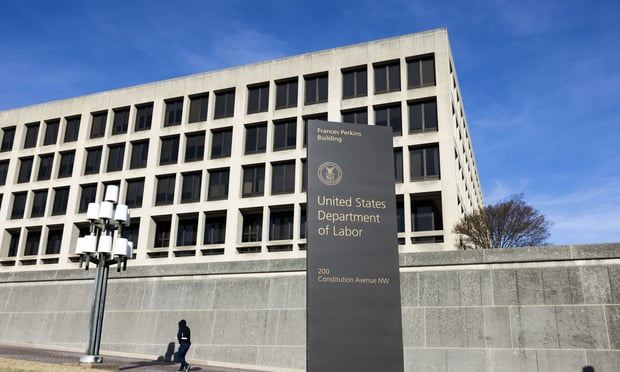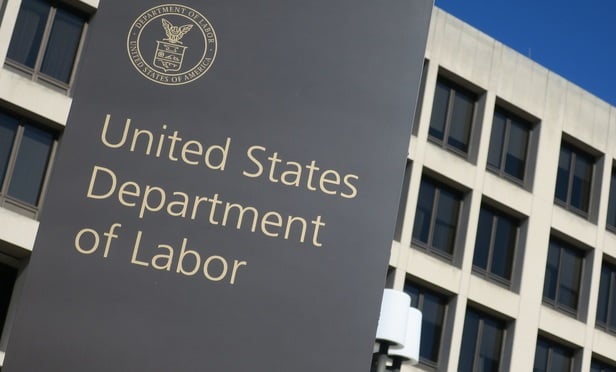About The Author
CONNECT WITH THIS AUTHOR
January 10, 2024
January 09, 2024
January 03, 2024
December 21, 2023
December 11, 2023
December 07, 2023
November 29, 2023
November 21, 2023
November 17, 2023
November 16, 2023
Trending Stories
- 1Enterprise ICHRA: A Playbook for Benefits Advisors
- 2Mark Cuban praises Trump's PBM executive order, predicts 'hundreds of billions' in savings
- 3Arkansas law bans PBM ownership of pharmacies
- 4Whole Foods settles its 401(k) excessive fee lawsuit that cost workers millions
- 5401(k) contribution limit projections for 2026: Milliman











